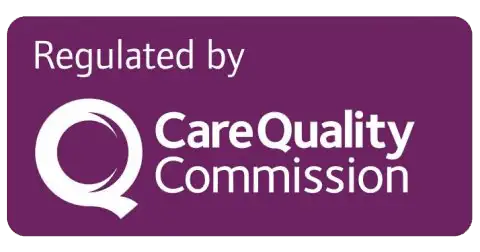Secret drinking is a hidden struggle faced by many people dealing with alcohol dependency. Unlike more obvious kinds of heavy drinking, this habit stays hidden, driven by embarrassment, a refusal to admit the problem or anxiety about being judged. Understanding the signs and knowing when to seek help can be vital in supporting those affected by this issue.

Understanding Secret Drinking
Secret drinking occurs when a person consumes alcohol in a private or deceptive manner, often so their family, friends or co-workers won’t find out. This behaviour may come from a desire to seem in control, prevent concern from loved ones or escape the social stigma associated with alcohol dependency.
Common Reasons for Secret Drinking:
-
- Feeling Ashamed or Guilty – Someone might feel embarrassed about how much they drink and decide to keep it a secret.
- Denial – They may believe their drinking is not problematic and keep it private so no one will try to make them stop.
- Avoiding Confrontation – Fear of judgment from family, friends or colleagues may lead to secretive behaviour.
- Coping Mechanism – Sometimes, people use alcohol to feel better when they’re stressed, anxious or have been through something tough, and they do it alone.
Recognising the Signs of Secret Drinking
Identifying secret drinking in a loved one or yourself can be challenging, but there are several key signs to look out for:
Behavioural Signs:
-
- Drinking alone, especially in hidden or unusual places (e.g., bathrooms, cars or garages)
- Often disappearing without a clear reason during social events
- Becoming defensive or evasive when questioned about drinking habits
- Being more secretive than usual about personal items, such as bags or drawers that might be used to hide alcohol
- Unexplained financial difficulties due to overspending on alcohol
Physical Signs:
-
- Smelling of alcohol at unusual times (e.g., early morning or during work hours)
- Frequent hangovers or signs of intoxication even when you haven’t seen them drinking
- Sudden changes in weight or physical appearance due to alcohol dependency
- Shaking hands, excessive sweating or other withdrawal symptoms when not drinking
Emotional and Psychological Signs:
-
- Mood swings, irritability or increased anxiety when unable to drink
- Depression or a withdrawal from social activities
- A decline in work performance or missing deadlines
- Making excuses to drink, such as needing alcohol to relax or cope with stress
The Dangers of Secret Drinking
Drinking in secret can cause some serious problems, affecting your body, mind and relationships. If not addressed, it can lead to:
-
- Health Issues – Long-term alcohol abuse can cause liver disease, heart problems and mental health disorders.
- Relationship Strain – Hiding alcohol use can lead to dishonesty, deteriorating trust with loved ones.
- Work and Financial Problems – Alcohol dependency may result in job loss, reduced productivity and financial difficulties.
- Increased Risk of Addiction – Secret drinking can quickly develop into a full-blown alcohol use disorder.
Seeking Help for Secret Drinking
If you or someone you know is struggling with secret drinking, recognising the need for help is the first step toward recovery. There are several approaches to seeking support:
Self-Help Strategies:
-
- Honest Self-Assessment – Be honest about how much and how often you’re drinking, and really think about your habits.
- Open Communication – Confide in a trusted friend, family member or support group.
- Lifestyle Changes – Engage in healthy activities such as exercise, hobbies and mindfulness practices.
Professional Help:
-
- Therapy and Counselling – Speaking with a therapist can help address the underlying causes of secret drinking.
- Rehabilitation Programmes – Enrolling in a treatment programme can provide structured support.
- Medical Assistance – Consulting a healthcare professional can help with detoxification and withdrawal management.
Secret drinking is a serious issue that often goes unnoticed until it significantly impacts a person’s life. Recognising the signs and seeking help early can prevent further harm and pave the way for recovery. If you or a loved one is struggling, remember that help is available, and recovery is possible. At The Wellbourne Clinic, we offer compassionate, confidential support for those dealing with alcohol dependency.









